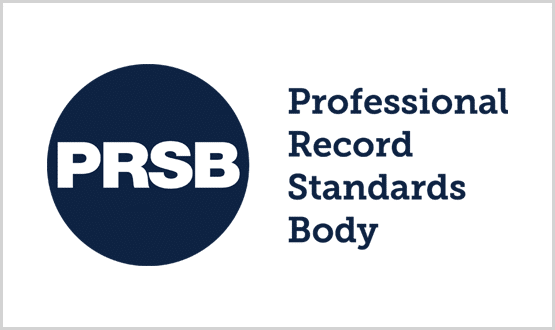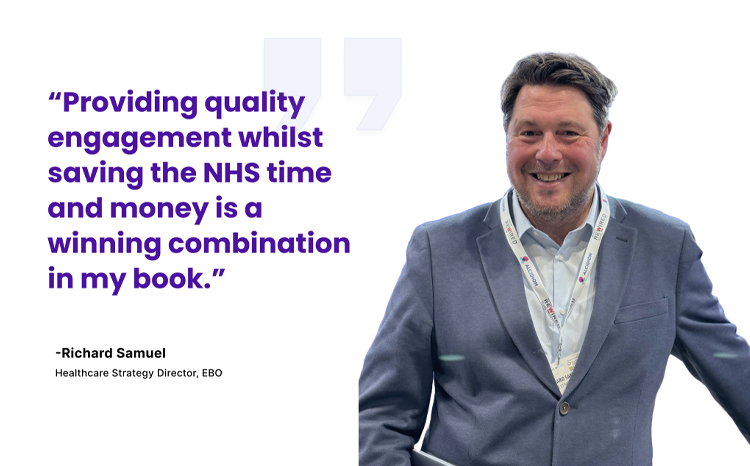PRSB develops information sharing standards for diabetes healthcare
- 13 July 2022

The Professional Record Standards Body (PRSB) has published two standards focused on diabetes information sharing between patients and professionals.
At the request of NHS England, PRSB developed the new standards to ensure the right information is shared between services and from medical devices and tools to the healthcare professionals who need to receive it. This will help to support enhanced care for diabetic patients and improve their health outcomes.
The PRSB standards are:
- The Diabetes Information Record Standard: this defines the information needed to support a person’s diabetes management. Information included is both recorded by healthcare professionals and the patients and is relevant to diabetes care. It should be shared between different care providers.
- The Diabetes Self-Management Standard: this focuses on information that is recorded by the patient or their carer at home through digital apps or medical devices. This should be shared with health and care professionals.
PRSB chair, Maureen Baker said: “Better information sharing in diabetes care allows professionals to have the information they need to provide high-quality care. Without standards in place, information is sporadic and unclear, making the professional’s job harder to do and with longer delays. With PRSB’s standards in place, they can access this critical information for diabetes care wherever and whenever it is required.”
The standards were developed following a UK-wide consultation and engagement to ensure the standards met the needs of those using them. This includes professionals, patients and suppliers, who gave their input on what was needed to provide well-coordinated care.
Person-lead for the PRSB project, Ojaih Willow said: “As someone with diabetes, I know how difficult it is to make sure the information that is collected through apps and devices at home is properly sent to the health and care team, in a way they can read and interpret.
“With standards in place, the consultant can look at the data in real time, analyse it and recommend adjustments to improve how diabetes is controlled. I was delighted to work with PRSB to support these future changes. I am confident that when widely implemented, these standards will help support more people with diabetes like me.”
National specialty adviser on diabetes for NHS England, Professor Partha Kar, added: “Improving management of diabetes is one of the most important aims in healthcare globally and healthtech has an enormous role to play in delivering better care. These new standards are fundamental to putting the right data in the hands of individuals and professionals. We envisage all industry colleagues taking on board what is needed for data sharing to help improve care.”
PRSB has also recently focused on patient-centred care and improving standards. Its campaign, #CareAboutMe, launched in May to promote the use of About Me information.





1 Comments
Good news for me, a diabetic.
How many trusts are actually using these standards? Or is it just another NHS dream?
Comments are closed.